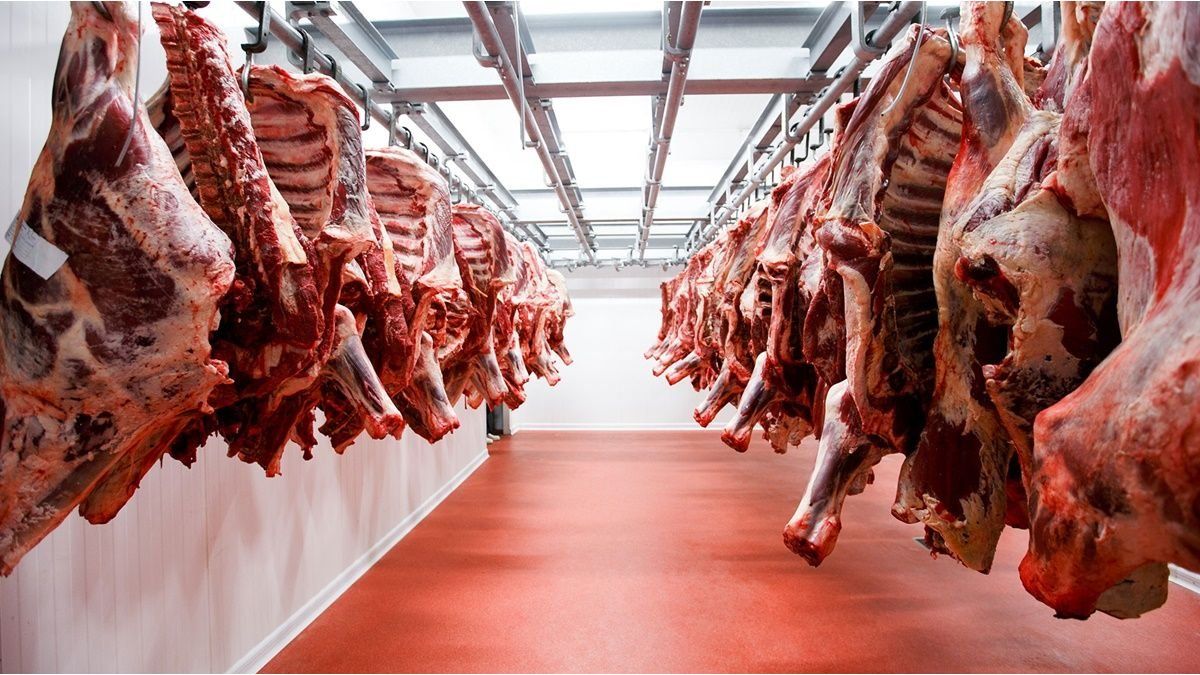The pharmaceutical industry made good money from vaccines during the pandemic, but now the boom is over. This also has consequences for model companies.
After the corona pandemic subsides, vaccination fatigue is spreading among people – this is putting a strain on the German pharmaceutical industry. After the vaccine boom, the industry is preparing for declines in sales and production, as the Association of Research-Based Drug Manufacturers (VFA) announced in Berlin on Wednesday. At the same time, he called for better framework conditions, for example when using health data in research.
This year, sales in the pharmaceutical industry are expected to fall by 2.9 percent after adjusting for prices and to stagnate in 2024, the VFA said. Production will probably shrink by an average of 1.4 percent in 2023 and grow by 2.0 percent next year. The forecast was therefore slightly better than in the spring. “Vaccine exports are currently still playing an important role. Without a wave of vaccinations in the coming months, they are likely to normalize in the future, in line with domestic sales,” it said.
The coup by the Mainz manufacturer Biontech, which brought the world’s first approved corona vaccine onto the market, gave the local pharmaceutical location a new lease of life and gave the industry a special boom. As the pandemic subsides, normalization will continue, said VFA chief economist Claus Michelsen.
High write-offs on Covid vaccines
It was only on Monday that Biontech announced that depreciation of up to 900 million euros was expected in the third quarter in connection with the Comirnaty corona vaccine. Biontech’s US partner Pfizer had previously drastically reduced its sales and profit targets as demand for Covid medicines and vaccines dwindled.
The number of employees in the pharmaceutical industry has continued to rise despite the weak economy and the debate about location weakness, as VFA figures show. As of July, it employed 127,800 people in this country, around seven percent more than a year earlier (118,700). “This is primarily due to the success of individual companies that have either opened new locations or are using the scope they have gained over the past two years to strengthen their innovative strength,” said Michelsen. For many other companies, however, the federal government’s savings requirements related to the GKV Financial Stabilization Act would have led to job cuts.
Germany has good opportunities for innovative high-tech products, said Michelsen. This could be accelerated, for example, by reducing bureaucracy and providing access to data. The latter is complicated in Germany.
Source: Stern




